Do Fireworks Cause House Fires [You'll Be Surprised]
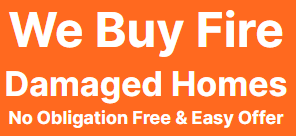
Get Cash Offer
We will get back to you as soon as possible.
Please try again later.
Fireworks are a dangerous combination of explosives and firecrackers, often used for entertainment at various events. They are so volatile that they can cause house fires and structure fires, sometimes even worse than the day they were lit, especially in the case of careless use around debris and dry areas like trees or wooded places. In some circumstances, such as mishaps and accidents, they have even resulted in injury and death. The risks associated with fireworks also include the danger of igniting wildfires, which can have devastating consequences.
The most common cause of fireworks-related house fires is an electrical short circuit. In short, this means that a spark from one device can trigger another device to ignite. It can happen when the device is being lit or when it's been left on for too long and overheated. Windy conditions can exacerbate the situation, as embers may be carried into crowded areas or onto nearby buildings, increasing the danger of wildfires spreading.
If you have a sparkler in your hand and it starts smoking, don't put it back on the ground — take it outside immediately! If there's no smoke coming off your sparkler, it probably doesn't contain enough gunpowder to cause a fire (if there's smoke coming off the end of your sparkler but not much else, then you have a problem). Keep pets and children away from fireworks to avoid any accidents. Parents should always carefully monitor their children's activities during fireworks and have a plan in place in case of a mishap.
Enjoy fireworks responsibly, but also remember that there are plenty of alternatives to traditional fireworks for entertainment. Fire safety should always be a priority, as fire-related injuries and deaths impact many lives each year. Be aware of the risks and dangers fireworks pose, especially when it comes to structure fires and wildfires.
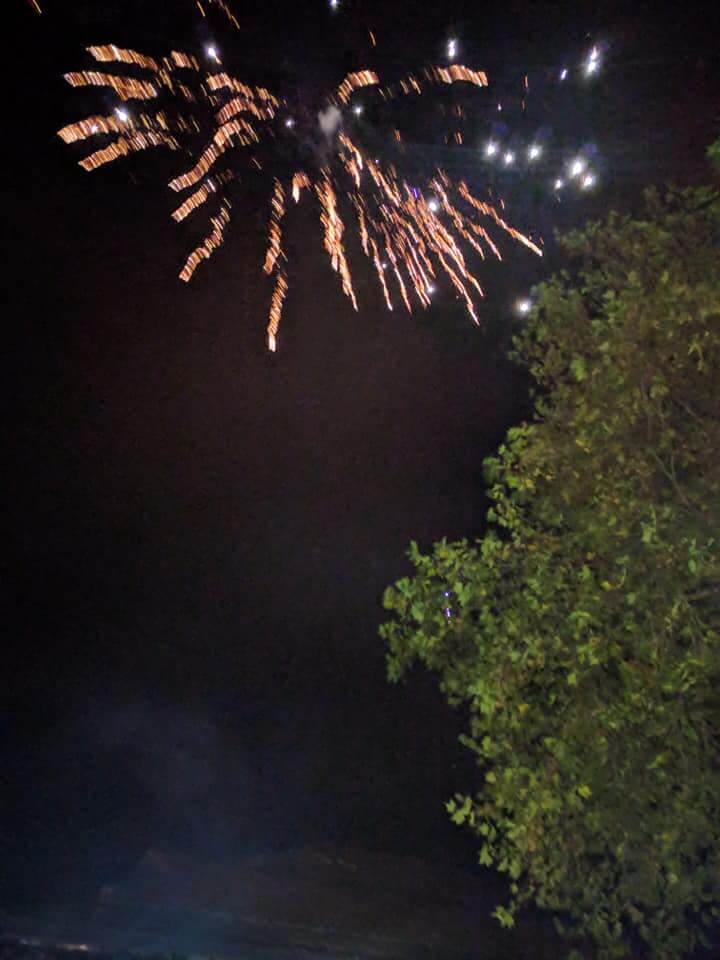
How Do Fireworks Cause Home Fires
Fireworks can cause house fires. Firework displays have been associated with several house fires, but fireworks are not the only culprit. Most house fires are caused by small electrical appliances, such as cell phones and electric razors. In most house fire cases, the real culprit is using candles and space heaters, or even heat generated by nearby explosions. The rate of fire incidents related to fireworks has been reported by various agencies and organizations.
Fireworks Cause House Fires When They Are Ignited by Sparks or Flaming Material
The primary cause of house fireworks is igniting the firework using a spark or flaming material such as paper or metal. For example, if someone were to light a fuse on a hand-held firecracker, they would be able to cause light fireworks to explode without any additional equipment such as matches or lighters.
Fireworks Cause House Fires When They Are Lit with even Sparklers.
Sparklers are another type of fireworks that may create a chain reaction that leads to an uncontrolled explosion. These small fireworks are often sold at carnivals and fairs, where they make lots of noise and excitement when they go off in rapid succession. Sparkler burn may also be used indoors in specific settings during parties or celebrations; however, this can also lead to house fires and increase the risk of structure fires or wildfires.
Fireworks Cause House Fires When They Are Set Off in Confined Spaces
When fireworks are set off in confined spaces such as small rooms and garages, the sparks from the exploding can quickly ignite any combustible materials nearby. This can lead to devastating house fires that may cause extensive damage or even destroy an entire structure. Professionals always recommend not to use fireworks indoors, as they are not safe for anyone and pose a significant danger.
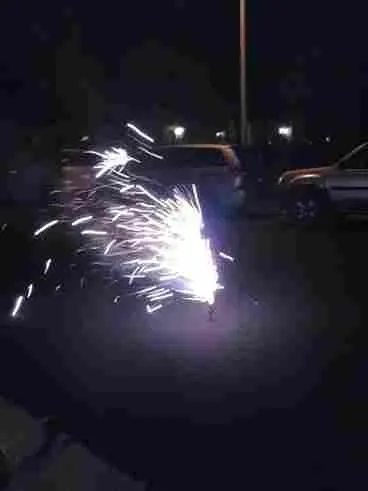
What Percentage Of House Fires Are Started By Fireworks
In 2018, local fire departments reported 19,500 fires caused by fireworks. They caused five deaths, 46 civilian fireworks-related injuries, and $105 million in direct property damage. These statistics underscore the substantial risks and dangers associated with the careless use of fireworks, including house and structure fires as well as wildfires. Fires started by fireworks were 59 percent brush, dry grass, and forest fires in reality. To help prevent these incidents, everyone should be familiar with the laws regarding fireworks use in their area and be aware of potential hazards stemming from the use of metals present in fireworks.
Most fireworks fires (9 out of 10) occurred outside during the period 2014-2018. Although only 9 percent of fireworks were structural fires, they caused nine out of ten fire deaths, 37 percent of fire injuries, and 45 percent of fire damage on average. This report underscores the importance of responsible fireworks use.
During 2014-2018, fireworks started more than one-quarter (28 percent) of the fires. More than half of the fires reported on the Fourth of July were started by fireworks (49 percent), making it an important statistic to bear in mind during the celebrations.
Estimates were calculated from data collected by the U.S. Fire Administration and the National Fire Protection Association's annual fire department experience survey based on data gathered by the National Fire Incident Reporting System (NFIRS).
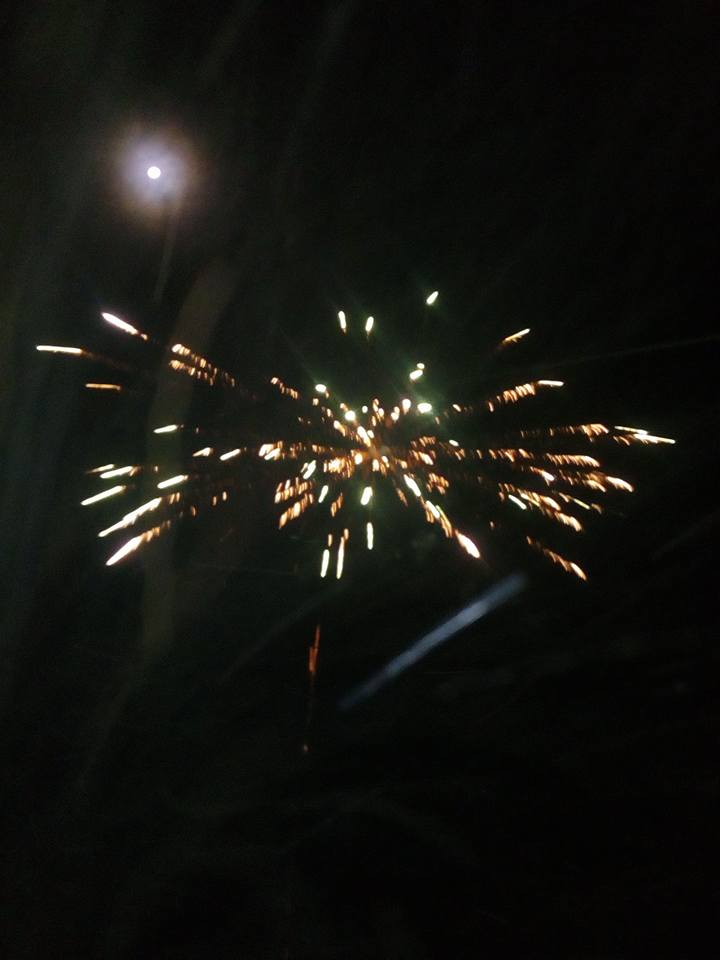
Can Fireworks Light A Roof On Fire?
Fireworks are a big way to celebrate the 4th of July holiday. However, they are also very dangerous and can cause house fires. Fireworks are not allowed in homes, even with a permit. This is because fireworks can cause a fire in homes. Fireworks should never be used inside houses or other structures due to their high risk of causing harmful chemicals to be released into the air.
A fire started by a firework can be caused by the discharge of large amounts of chemicals or gases into the device before ignition. These chemicals may include glass, metal, and other items used in manufacturing the device and gunpowder from fireworks that were not adequately extinguished after use.
The chemicals also include oxidizers such as sodium perchlorate and potassium chlorate, which have been known to cause severe burns when inhaled or ingested during an explosion. A person who has been exposed to these chemicals may suffer from nausea, vomiting, diarrhea, and dizziness, which may lead them to become violently ill or even die if they do not receive immediate medical attention within 24 hours after exposure.
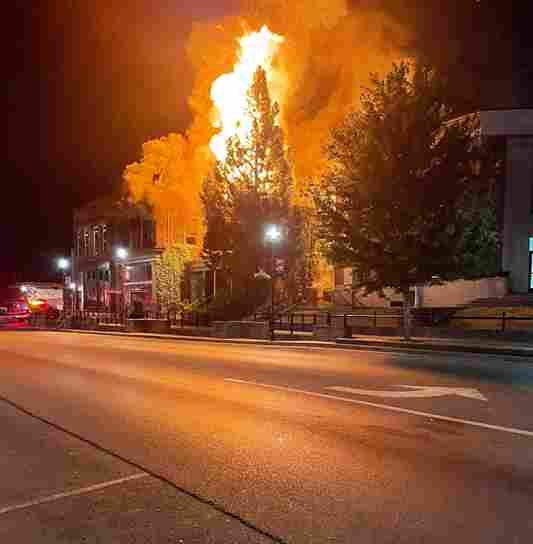
What is the difference between illegal fireworks and legal fireworks?
Illegal fireworks are the ones that are not allowed by law to be sold in the United States. They include firecrackers, sparklers, and Roman candles. These types of fireworks can cause fires if they are not used safely.
Fireworks are legal, are approved by the Consumer Product Safety Commission (CPSC) and meet specific standards. These consumer fireworks are usually safer than illegal ones because they do not explode when they hit the ground or in a person's hands. The CPSC regulates all types of fireworks sold in the United States, including illegal ones.
WE CAN HELP WITH ANY SITUATION AND WE'RE READY TO GIVE YOU A FAIR CASH OFFER!
Enter Your Information Below it is Quick, Easy & Free!
Get Cash Offer
We will get back to you as soon as possible.
Please try again later.
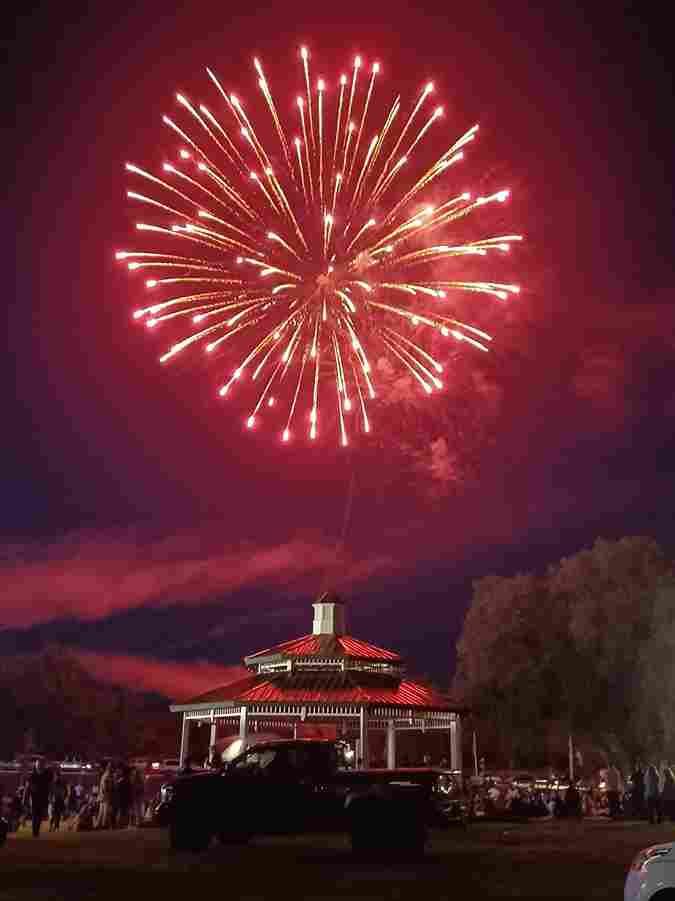
Fireworks safety tips
If you're lighting fireworks near your home, keep these safety tips in mind:
- Do not shoot or throw fireworks from your car unless it is an open-top vehicle.
- Make sure that young children do not handle fireworks
- Wearing protective eyewear while using fireworks or standing nearby is recommended.
- It is never the best idea to hold fireworks that are lit up.
- Use fireworks outdoors. Never light them indoors.
- Neither drugs nor alcohol should be used when using fireworks.
- Only use them away from people, houses, and flammable materials
- Children younger than the age of eight should only use them under the supervision of an adult.
- Keep a safe distance when lighting more than one device at a time.
- Never ignite devices in a container
- Malfunctioning fireworks should not be re-lit or handled
- It is not recommended to discard spent or unused fireworks without first soaking them in water.
- If fireworks don't go off or burn, keep a bucket of water nearby to extinguish them. Fireworks are legal to use only.
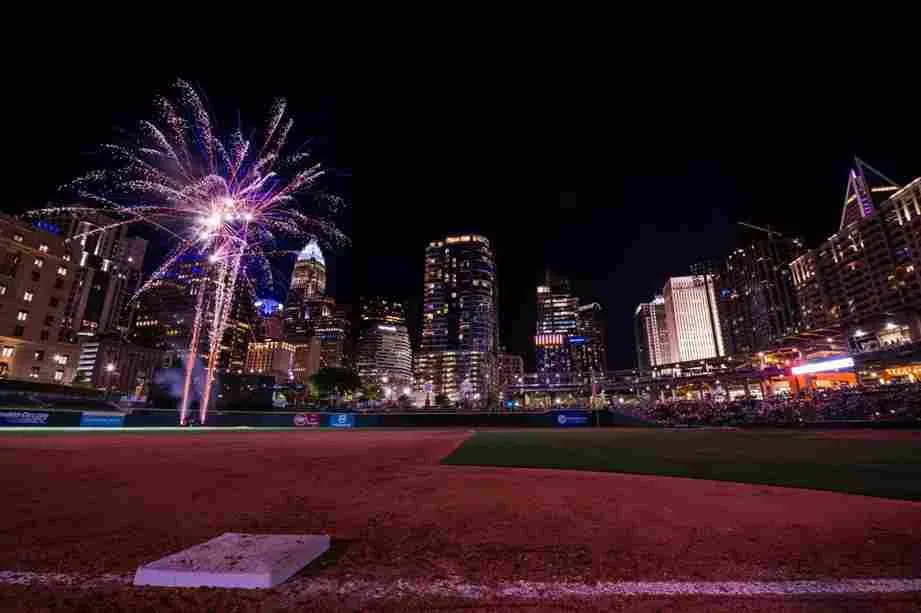
Selling As An Option If Fireworks Cause A House Fire
If a fireworks accident caused a house fire, the aftermath can be devastating and challenging to cope with. Your immediate priority should be the safety of yourself and your loved ones, so ensure everyone evacuates the premises and call for emergency assistance without delay. Once the fire has been extinguished and the situation is under control, you may be left facing significant damage to your home. In such difficult circumstances,
selling your house that has been damaged by fire can be a practical option to consider. By selling the property, you can relieve yourself of the burden of extensive repairs and start the process of moving forward. Seek the assistance of real estate professionals who have experience dealing with fire-damaged properties. They can help assess the value of your home in its current condition and attract potential buyers who are interested in undertaking the necessary restoration. Selling your fire-damaged house can pave the way for a fresh start and allow you to focus on rebuilding your life.

Get Cash Offer
We will get back to you as soon as possible.
Please try again later.

Happy Customers



Other Things That Cause Fires
All Rights Reserved | Fire Cash Buyers
